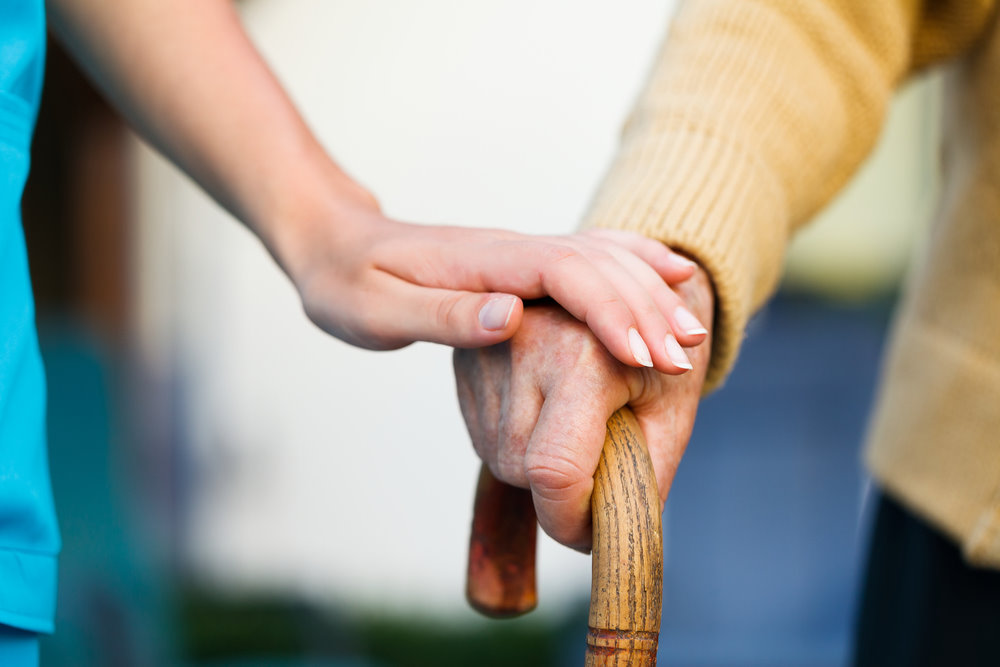
Alzheimer’s Disease (AD) is a progressive neurodegenerative condition that damages the nerve cells in the brain. It leads to a decline in cognitive abilities which in turn causes impaired judgment, confusion and memory lapses.
One of the ways to slow down the symptoms of AD is to keep the brain stimulated and involved. It can be done by getting involved in various activities like playing Sudoku, listening to music and cooking.
Listed below are a few fun activities that contribute to brain stimulation.
Listening to Music:
Music is a soothing activity for people with Alzheimer’s or other kinds of dementia. Music not only soothes them, it can also evoke nostalgia about a good time. For example, a senior may have trouble finding the right words to use, but be able to sing an entire song without interruption.
Music can also help manage symptoms of anxiety and loneliness. People with Alzheimer’s should be encouraged to get involved in music. It may be an area in when they can feel accomplishment and be encouraged by its melody.
Playing Games:
Several games like chess, Sudoku, and puzzles are proven to improve cognitive abilities. Putting together jigsaw puzzles can reinforce one’s problem-solving skills while daily crossword puzzles can be a low-stress workout for their brain.
The reason is pretty simple—games trigger mental stimulation that dementia patients need to stay engaged and alert while getting a good memory workout.
Playing games can also improve dexterity in seniors.
Keep these things in mind while choosing games for seniors with Alzheimer’s.
- Games that promote hand-eye coordination through manipulation of various parts or pieces.
- Games that improve mental retention through word-related activities.
- Games that improve memory via pictures or verbal interaction.
Doing Household Chores:
The familiarity of being at one’s place gives a sense of stability and accomplishment, and for AD patients, this is important. Doing household chores like cooking, laundry and gardening can benefit them. According to a 2012 study published in the journal Neurology, even mundane or simple tasks can lower the risk of AD if they are performed frequently.
Opting for Art Therapy:
Art therapy is a useful practice for those suffering from degenerative diseases like dementia, Alzheimer’s Disease, and depression.
Through this practice, patients are able to create an art piece that reconnects them with memory and lets them express themselves. Their artwork also serves as an effective tool to reassure their loved ones and caregivers that they still have the essence of the individual within them.
Art forms like painting, drawing, and modeling can boost self-esteem, increase attention span, recall memories, and enhance communication. This helps the patient honor their life story, while restoring and preserving their sense of self.
When integrated with reminiscence activities, art therapy shows the person that their story is engaging and valuable.
Making a Scrapbook:
Scrapbooking can be a highly enjoyable activity for elders with AD to do with their loved ones, and this hobby comes with several physical and mental benefits.
Putting together a scrapbook builds self-confidence as its easy, fun, and doesn’t require much assistance. Creating a project on their own helps them feel capable and accomplished.
Fun and creative activities like scrapbooking have been shown to reduce blood pressure and heart rate by distracting the mind and creating positive focus and calming thought flow. Scrapbooking also enhances dexterity, as it involves pasting, cutting and manipulation of the bits of fabric and paper.
We hope that you find these activity suggestions beneficial when sharing with and engaging your loved one. You can also consult their doctor, nurses, and caregivers for helpful suggestions in determining the right stimulating activities for your loved one.
Post contributed by Sofia Fox, a passionate traveler, biker and an enthusiastic by heart. She is working with Affinity Home Care which provides in-home care services to aged group. She loves to write in her free time and chit chatting with like-minded people is her favorite pastime.






